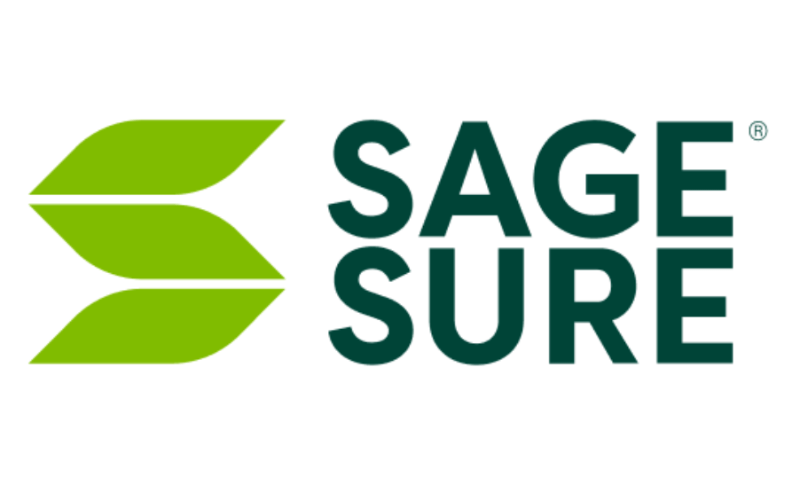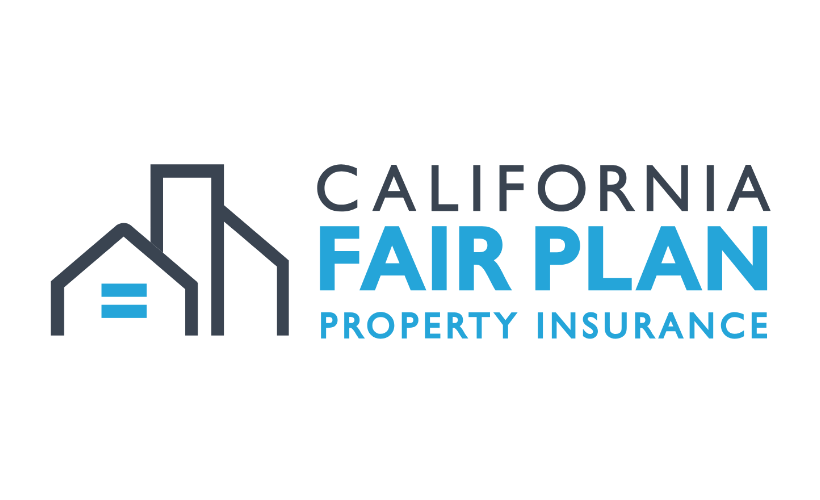
Navigating COVID At Work (Again) The Delta variant is prompting a new wave of COVID restrictions.For businesses that are trying to reopen and get back to normal, this could create new employment practices issues.A New Wave of Mask Mandates and Business Restrictions The CDC has recently updated its recommendations to say that even fully vaccinated individuals should wear masks indoors in areas with substantial or high transmission.
Some states have responded with new mask mandates that apply to vaccinated people.According to Forbes, Washington, New Mexico and Nevada are among the states that have reimposed mask mandates, and some states never ended their initial indoor mask requirements.Some states and cities have introduced additional restrictions or requirements.
In New York City, for example, people who aren’t vaccinated will be excluded from indoor dining, fitness centers, movie theaters and various other public indoor activities.However, at least at this point, it seems that most governments in the U.S.are not introducing broad stay-at-home orders that force businesses to close.
This means that businesses can continue with their plans to reopen, but they must do so cautiously.The risk of COVID-19 is still high, and that means the risk of lawsuits tied to exposure is still high, as well.Requiring the COVID-19 Vaccine When it comes to getting workers vaccinated, employers have two main choices.
One, they can simply encourage vaccination.This may include offering benefits and incentives, such as paid time off to recover from the side effects of the vaccine.Two, they can require employees to get vaccinated.
According to NBC, Delta Air Lines, DoorDash, Google, Ford, Facebook, Goldman Sachs and many other companies have created policies that require vaccination for at least some employees.This strategy may become more common in the near future.That’s because, as of August 23, the FDA has given the Pfizer-BioNTech COVID-19 vaccine approval for individuals age 16 years and older.
For individuals between the ages of 12 and 15, the vaccine continues to be available under emergency use authorization.The fact that one vaccine has full approval may help reassure workers who have avoided receiving a vaccine that they see as experimental.However, anti-vaccination sentiments can be strong, and some people will no doubt continue to oppose the vaccine.
Employers who want to require vaccination may worry about lawsuits from such individuals.This concern isn’t unfounded.SHRM says that more employees have been challenging vaccine requirements.
However, a federal judge in Texas has dismissed a lawsuit regarding a hospital system’s vaccine mandate, and some legal experts have said such lawsuits aren’t valid.According to the EEOC, “The federal EEO laws do not prevent an employer from requiring all employees physically entering the workplace to be vaccinated for COVID-19, subject to the reasonable accommodation provisions of Title VII and the ADA and other EEO considerations.” According to SHRM, some employers have also considered adding a surcharge (much like a smoking surcharge) to the health insurance premiums of unvaccinated workers.Here’s what they say about the pros and cons involved with that decision.
Navigating the New Employment Practices Risks
For many businesses, reopening is the only way to survive, but getting hit with a lawsuit could threaten that survival.This means that business owners need to tread carefully.Helpful Resources:
Publisher: Normal for Business








